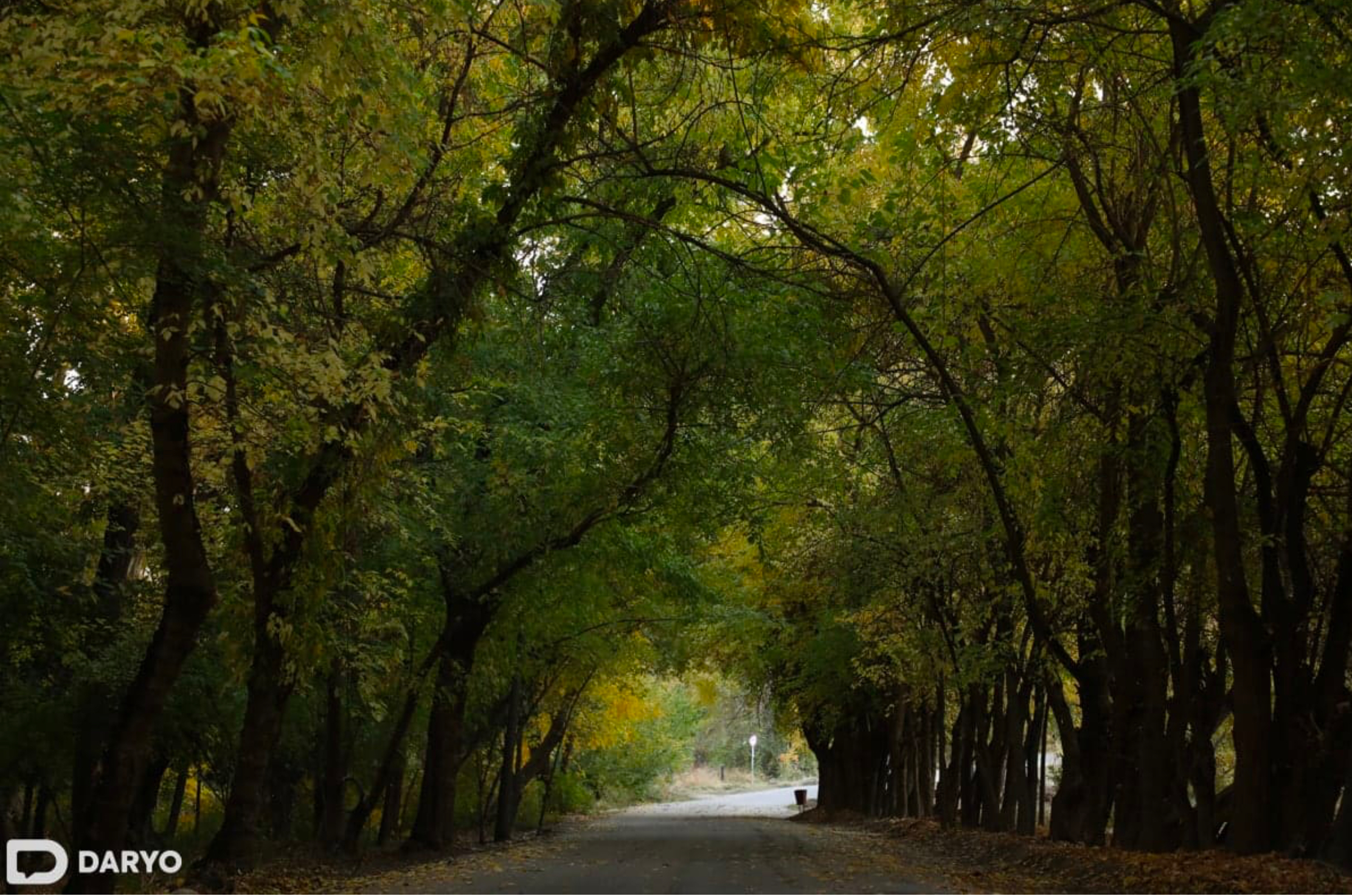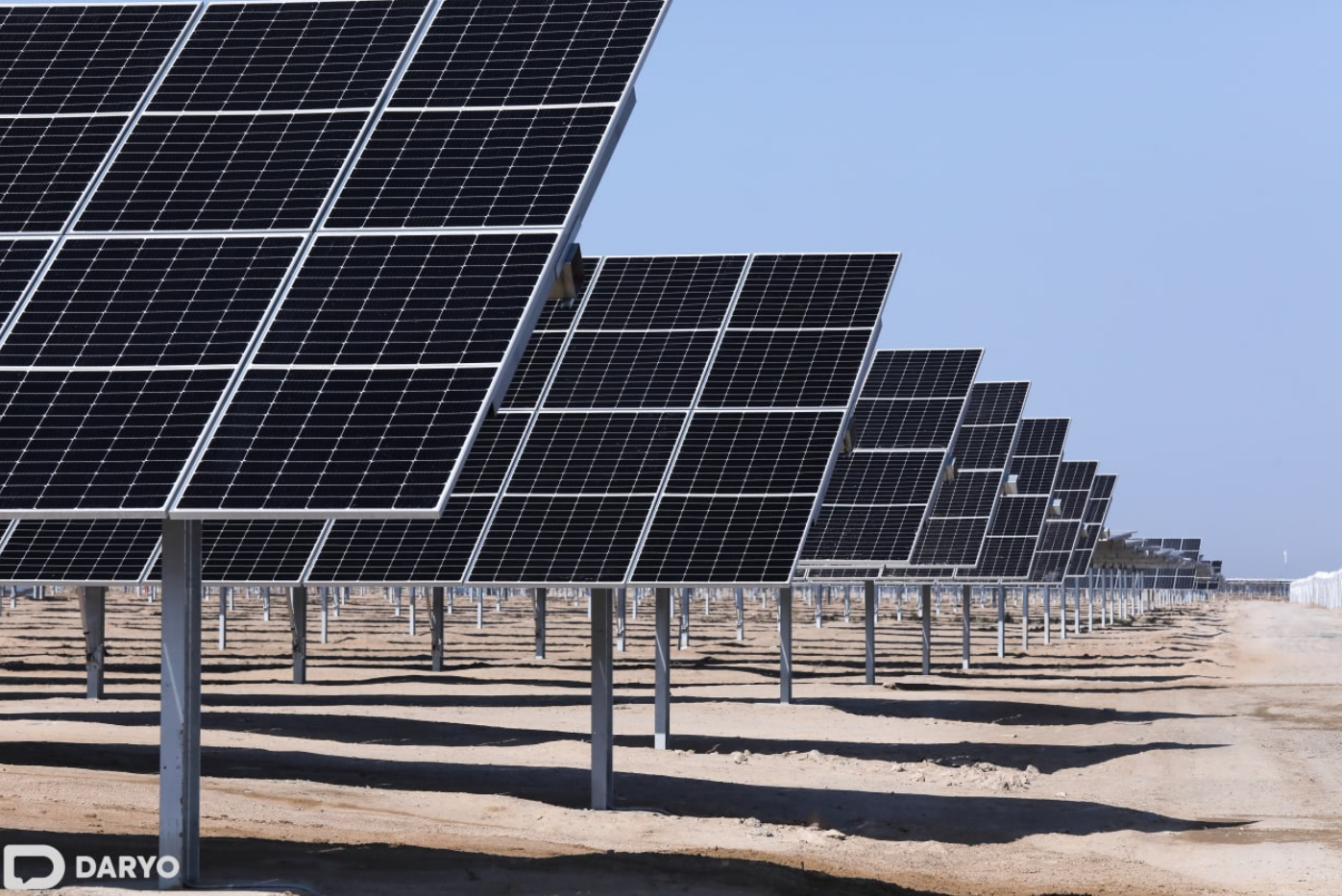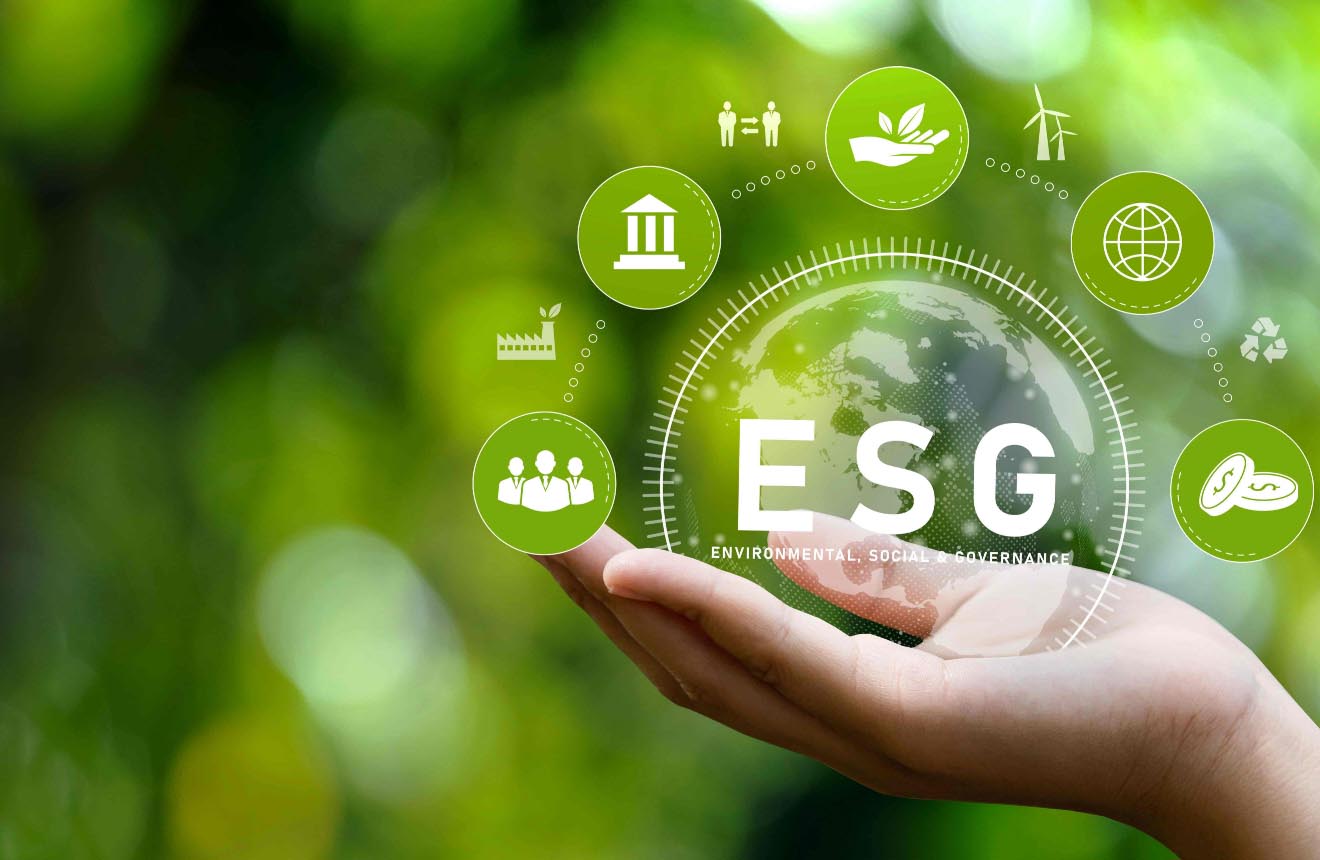The President of Uzbekistan, Shavkat Mirziyoyev, adopted the decree aimed at advancing the nation’s environmental sustainability efforts on February 7, 2025. The decree outlines key initiatives to improve ecological protection, promote green energy, and enhance climate change adaptation across the country.

The decree highlights several key initiatives aimed at improving the country's environmental and economic landscape. Among the top priorities are enhancing the ecological appearance of neighborhoods (mahallas), increasing street greening, and creating a comfortable, eco-friendly living environment. Strengthening public health, promoting an ecological lifestyle, and providing conditions for realizing human potential are also focal points of the program.
In support of these goals, the decree outlines the sustainable financing of projects promoting the principles of the green economy. This includes initiatives for the protection, reproduction, and preservation of Uzbekistan’s flora and fauna, biodiversity conservation, and adapting the economy to mitigate and cope with climate change.
Renewable energy plays a central role in the state program. The government has set ambitious targets, aiming to increase the share of renewable energy in the nation’s energy balance.

The program envisions the construction of large-scale green power plants based on public-private partnerships, an expansion of small and micro-hydroelectric plants, and the widespread adoption of solar panels in households. A key goal is to reduce the country’s carbon footprint by utilizing modern energy-saving technologies across various sectors.
To ensure long-term economic stability, the decree projects annual GDP growth of at least 6% by 2030, with the GDP reaching up to $200bn. The program also targets controlling inflation at 5%, maintaining the budget deficit at 3% of GDP, and reducing poverty to improve the standard of living through sustainable economic practices.
This comprehensive green transformation is intended to meet Uzbekistan’s international commitments under the Kyoto Protocol and the Paris Agreement. The overarching objective is to ensure the country’s economic competitiveness while conserving resources and adapting to the effects of climate change, ultimately enhancing the quality of life for citizens.

The decree also introduces new measures to stimulate the green economy, such as restrictions on the sale and use of AI-80 gasoline. The goal is to increase the share of renewable energy in electricity generation to 26%, with an overall generation capacity of 40% coming from renewable sources.
Planned projects include solar and wind power plants totaling 4.5 GW in capacity, 785 MW of photovoltaic panels, and the construction of a 225 MW hydroelectric power station.
To accelerate the transition, the decree establishes green electricity tariffs for solar and wind energy starting April 1, along with preferential tariffs for energy produced from biogas and recycled waste.

The government is also aiming to promote environmental transparency by requiring at least five large industrial enterprises to publish ESG (Environmental, Social, and Governance) reports, with an additional goal for key national companies like Uzbekistan Airways and Uzbekneftegaz to receive an ESG rating.
As part of its green initiatives, Uzbekistan plans to create pilot industrial zones in Samarkand and Fergana, focusing on the production of environmentally friendly goods. Investment programs at the regional and sectoral levels will also integrate a minimum share of green components, starting at 15% in 2025, increasing to 30% by 2027, and reaching 55% by 2030.
Regional initiatives will include the development of eco-passports, environmental master plans, and an environmental rating system for cities and districts. The government aims to attract environmental consultants and experts to support these efforts, further reinforcing the shift toward sustainable development.
Follow Daryo's official Instagram and Twitter pages to keep current on world news.
Comments (0)